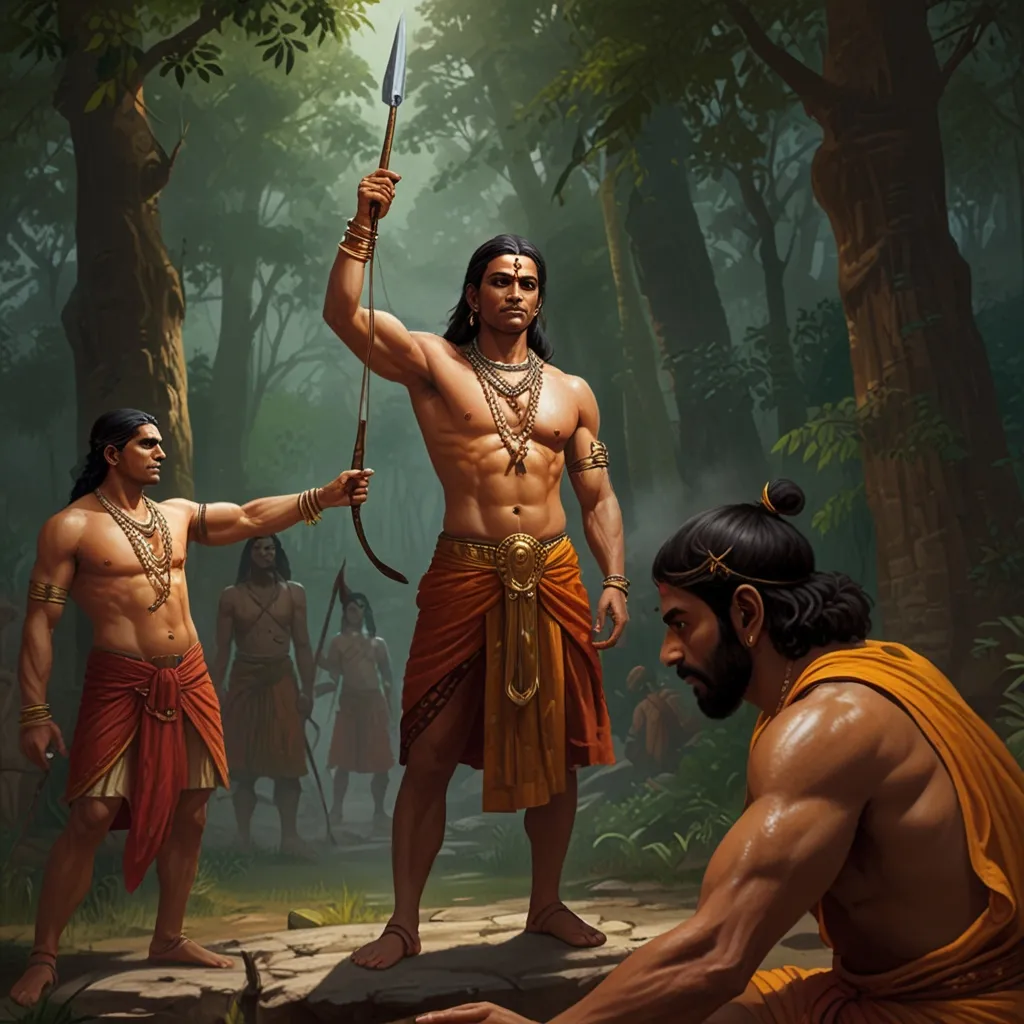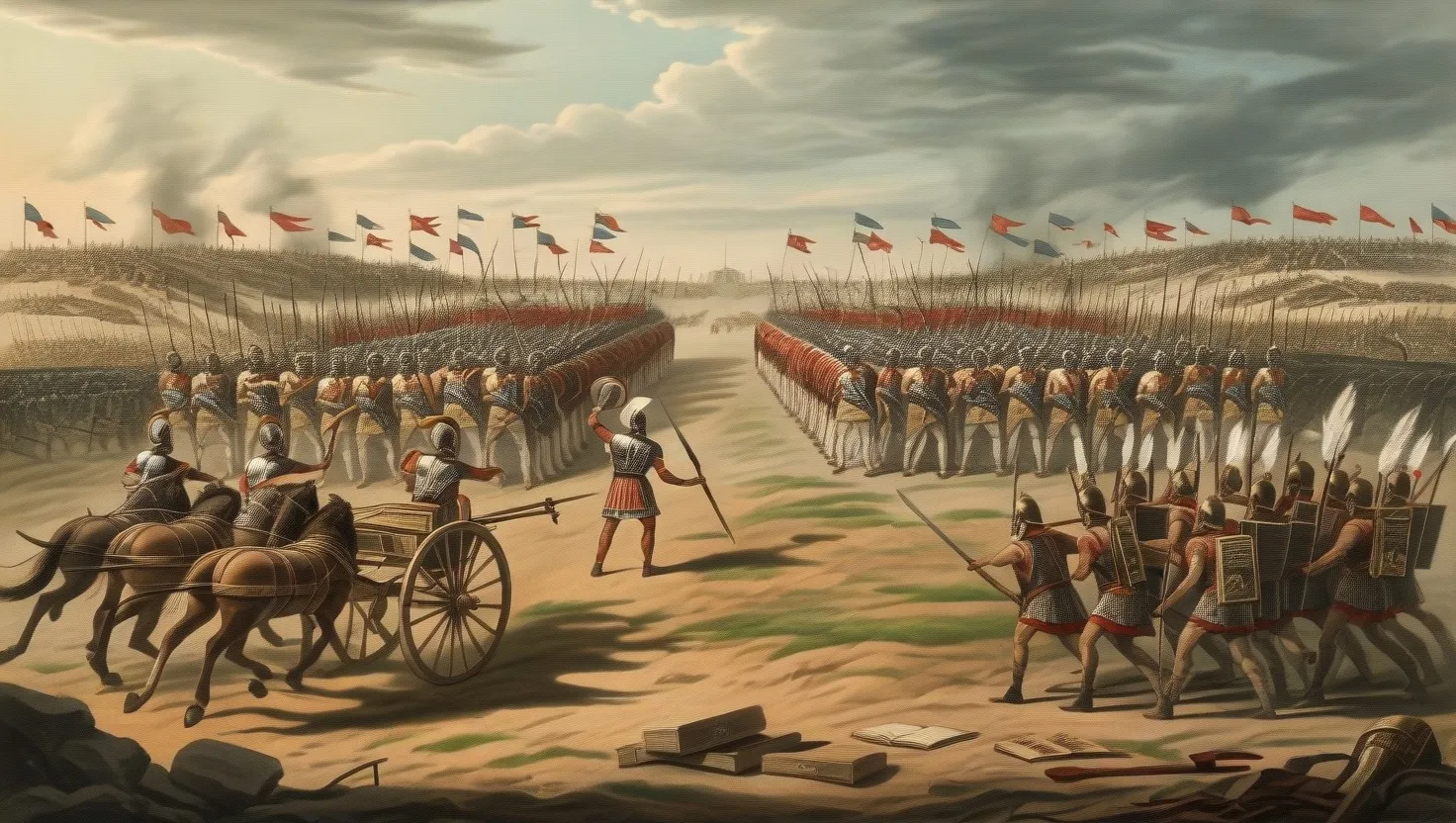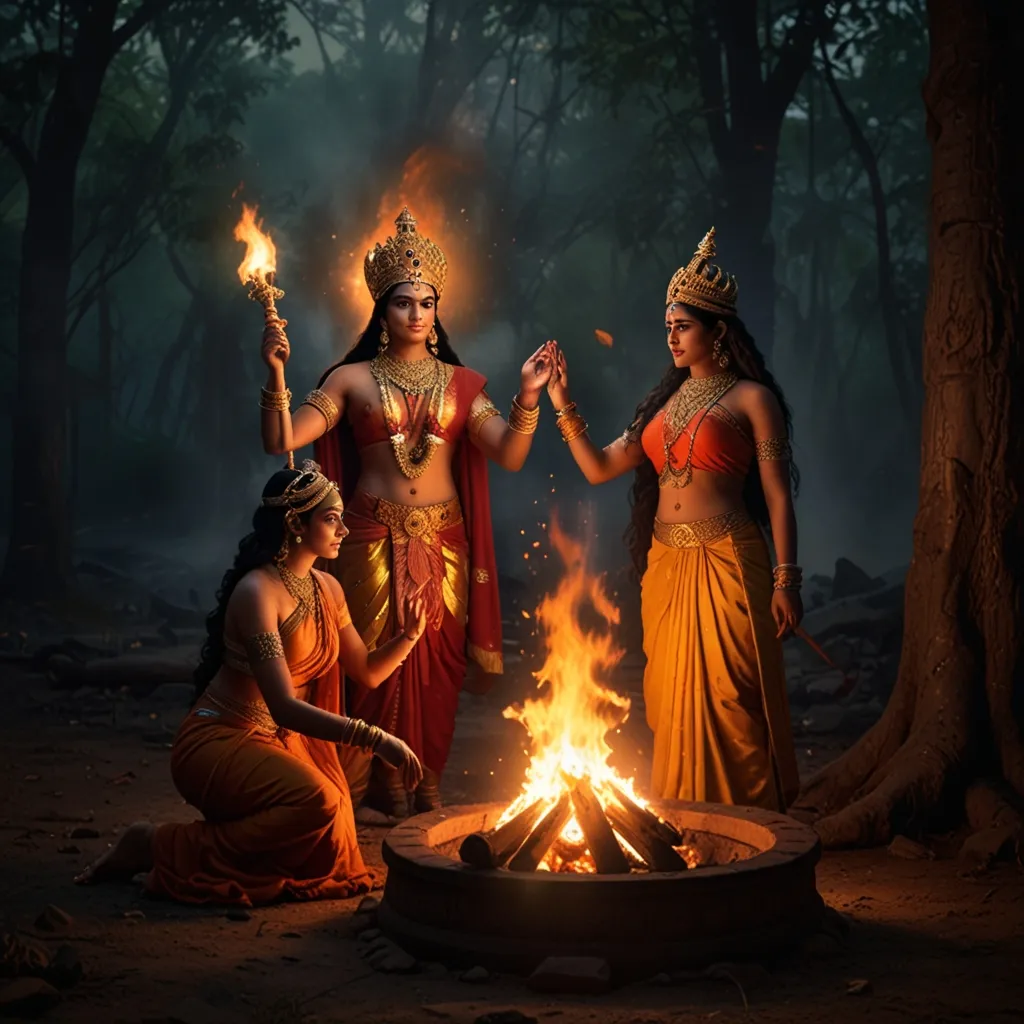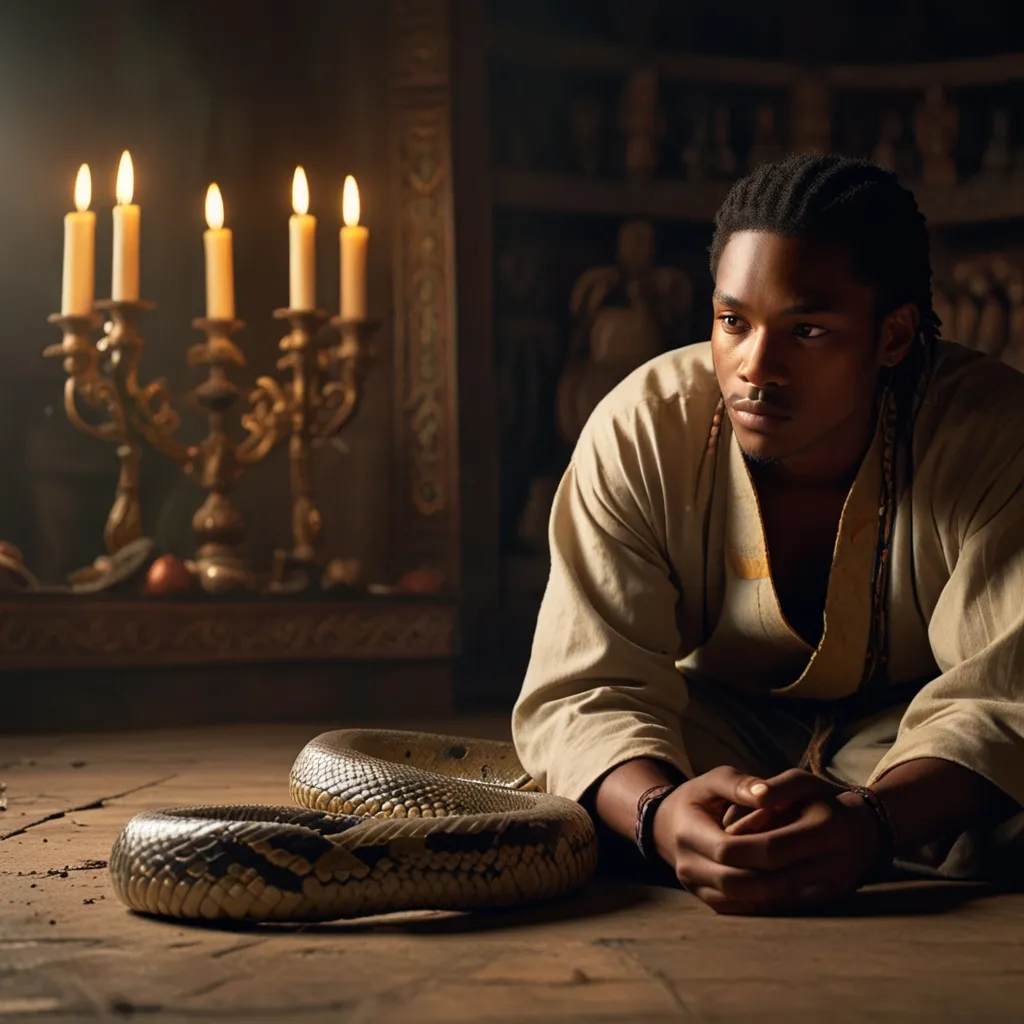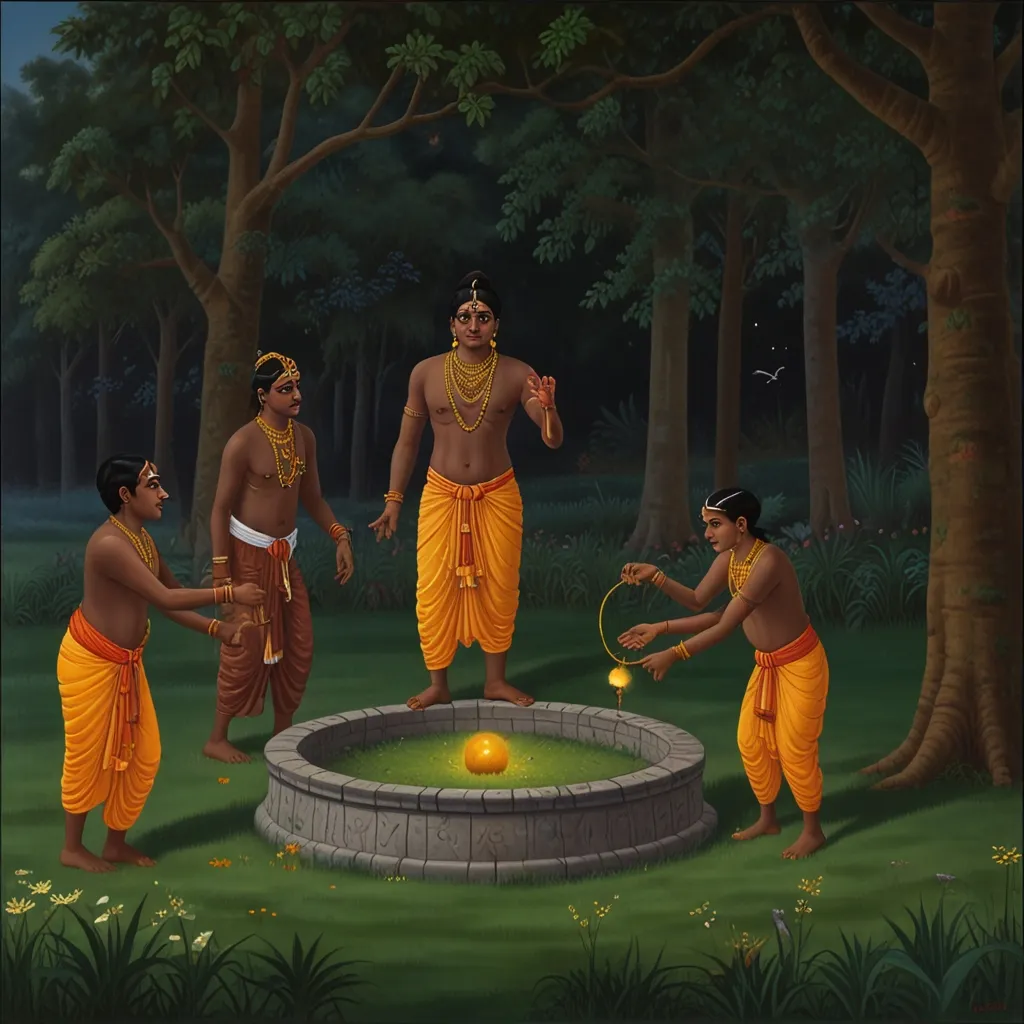In the legendary saga of the Mahabharata, there’s this gripping story about Dronacharya and King Drupada that packs a punch with its themes of friendship, betrayal, and the never-ending chase for revenge. This tale untangles the messy web of human bonds and the fallout from broken promises.
Back in the day, Dronacharya and Drupada were the best of pals during their time at the Gurukul, an ancient Indian school. Drupada, destined to rule the kingdom of Panchala, often leaned on Dronacharya for help, admiring his top-notch skills in both warfare and academics. It was pretty unusual because, let’s be real, for Dronacharya— a Brahmin—being a great warrior was a curveball since that was typically a Kshatriya thing.
As the end of their school days came into view, Drupada, in a heartfelt moment, promised Dronacharya that he would give him half his kingdom once he became king. Dronacharya, though touched by the grand gesture, turned it down out of pride, saying he’d only ask for help when he genuinely needed it. And just like that, they went their separate ways, each on their own path.
Fast forward a few years, and life threw a hard punch at Dronacharya. He married Kripi, the daughter of Gautama Muni, and they had a son, Ashwatthama. Despite his vast spiritual insights, Dronacharya and his family were dirt poor. One day, young Ashwatthama faced embarrassment when his friends offered him rice powder instead of milk, a stinging reminder of their poverty. This incident hit Dronacharya hard, making him realize the severity of their situation.
Dronacharya remembered Drupada’s promise and decided to seek his old friend’s help. Traveling to Panchala, he hoped for some relief from Drupada’s generosity. But when he got there, reality hit hard. Now a powerful king, Drupada laughed off the idea of their boyhood promises, calling Dronacharya a beggar and dismissing the possibility of friendship between a penniless Brahmin and a wealthy king.
Ouch. That rejection stoked a fire in Dronacharya, fueling a quest for revenge. He landed in Hastinapura, where Bhishma hired him to train the Kuru princes in warfare. Thanks to Dronacharya’s top-tier teaching skills, he quickly became a respected guru, and among his students stood Arjuna, head and shoulders above the rest.
When their training wrapped up, Dronacharya asked his students for a unique gurudakshina—capture Drupada. First up were the Kauravas, led by Duryodhana, but they failed miserably. Then came the Pandavas, led by Arjuna, and after a fierce battle, Arjuna emerged victorious, dragging Drupada before Dronacharya.
Triumphant yet mindful of their past, Dronacharya chose to forgive Drupada, reminding him of their earlier friendship and the broken promise, allowing Drupada to stew in his defeat. Humbled and remorseful, Drupada begged for forgiveness. Dronacharya, showing mercy, forgave him but kept his promise, taking half of the Panchala kingdom and making his son Ashwatthama king of that territory while returning the other half to Drupada.
This could have been the end, but Drupada, stewing in regret and wanting revenge, sought help from two sage brothers, Yaja and Upayaja, to perform a yajna (fire-sacrifice) to get a powerful son. A year into serving the sages, they agreed to help. The sacrifice brought forth a boy and a girl—Dhrishtadyumna and Draupadi. A prophetic whisper said Dhrishtadyumna would kill Dronacharya, and Draupadi would spell trouble for the Kauravas.
With this prophecy hanging in the air, the stage was set for the infamous Kurukshetra War. Drupada sided with the Pandavas, and the long-standing beef between the Pandavas and Kauravas, with Dronacharya’s vendetta against Drupada simmering in the background, came to a boiling point. Dronacharya and Drupada’s saga is a strong reminder of how deep human emotions run and the heavy toll broken promises can take.
Ultimately, Dhrishtadyumna fulfilled his destiny, slaying Dronacharya during the epic war—a final chapter in a saga fueled by Drupada’s betrayal and Dronacharya’s burning need for revenge. Their story sheds light on the tangled mess that is human relationships and revenge’s endless cycle, reminding us all of the weight that honor, forgiveness, and unkept promises carry.
This ancient tale doesn’t just highlight revenge’s ugly head but also tells us that friendships, when fractured by pride and unmet promises, can spiral into something destructive. Dronacharya and Drupada’s journey from close friends to bitter foes is a potent illustration of how easily things can fall apart and the lengths people will go to reclaim their lost honor. Throughout the ages, the ripple effects of their actions shaped destinies and brought about monumental change. A tale like this, steeped in rich history and emotion, continues to resonate, warning us about the choices we make and their lasting impacts.
